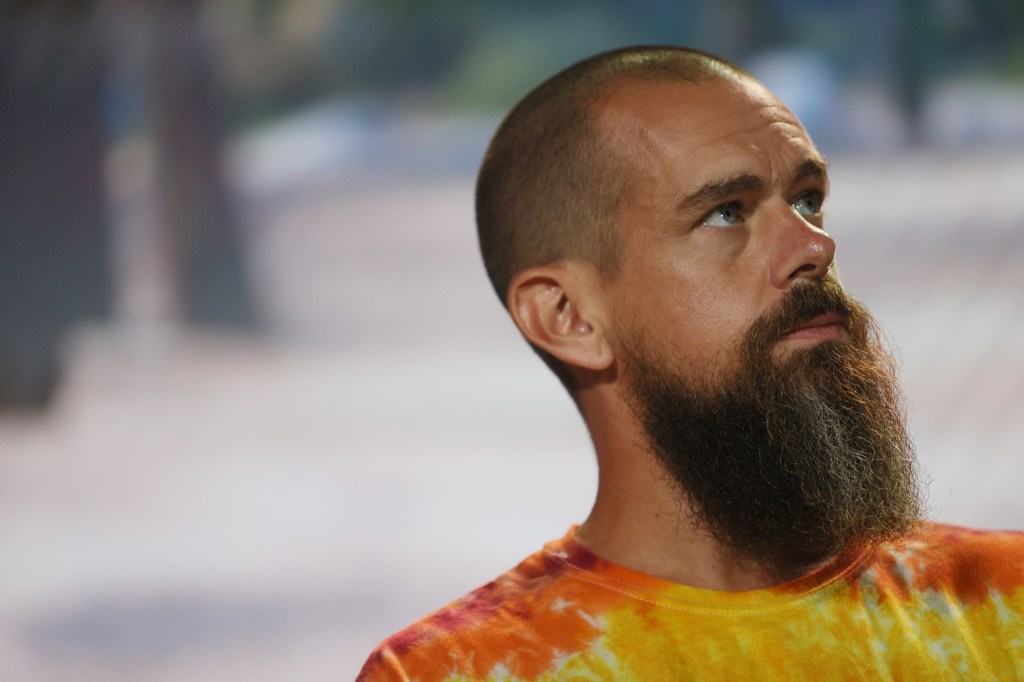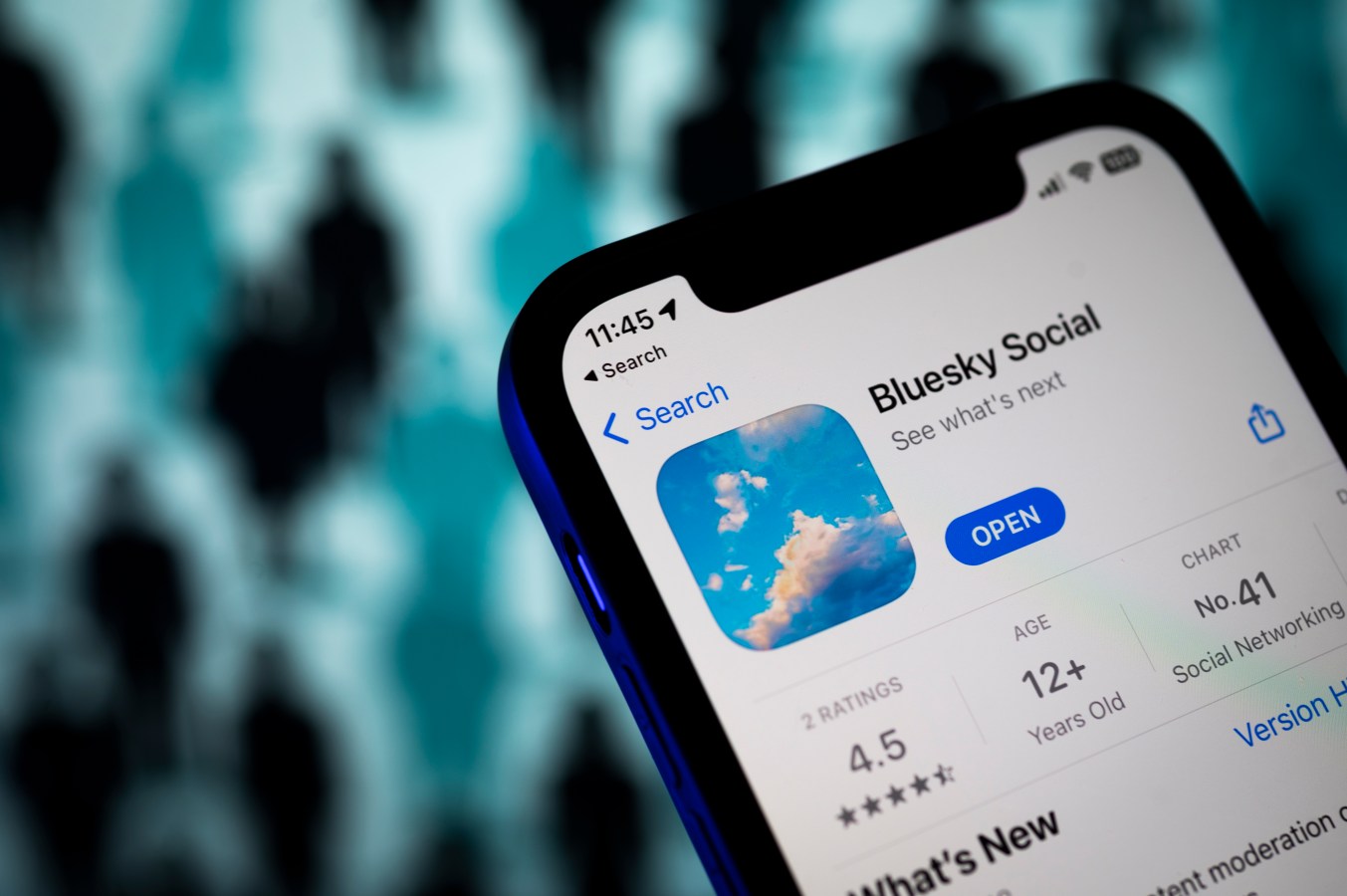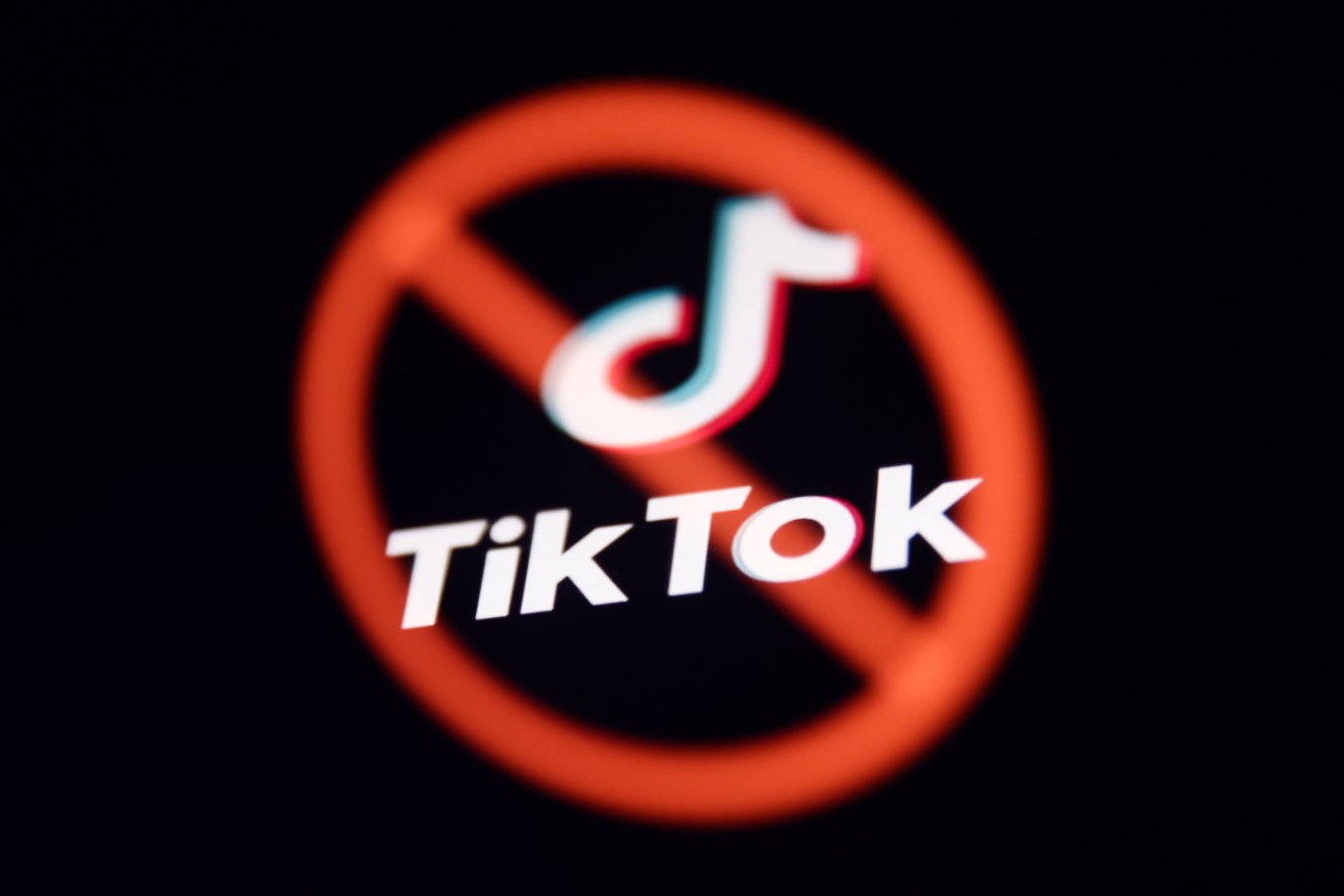After remaining invite-only since its launch in 2023, Jack Dorsey’s social media platform, Bluesky, is open to the public.

Dorsey launched the beta version of Bluesky for iOS and Android in February and April 2023 respectively, but to join, prospective users could either join a waitlist or get in with an invite from existing users (who received one code per week to recruit a new user).
In a blog post from the Bluesky team, the company said it was finally open to all.
“For the past year, we used invite codes to help us manage growth while we built features like moderation tooling, custom feeds, and more,” the post said. “Now, we’re ready for anyone to join.”
Already, Bluesky claims it has more than three million users discussing news, sharing art and posting – and the app was reportedly experiencing about 8,300 installs per day as of July last year.
Since Elon Musk purchased Twitter in October 2022 for US$44 billion, and renamed it to X, data from mobile research firm, Apptopia, estimated the company had lost about 13% of its daily active users (accelerated by its rebrand), or 19 million users. At the time of Musk’s purchase, more than 30 million users were expected to leave by 2024.
What is Bluesky?
Bluesky is a decentralised social app founded by Twitter co-founder Jack Dorsey, and led by CEO Jay Graber. So, while it looks and functions just like Twitter or X, user data is stored on independent servers, rather than servers owned by the company. And users can create their own servers and switch without losing their data. Users will also have more power to choose the algorithms that control the posts they see.
Instead of a feed, Bluesky uses a “skyline”, and rather than a Tweet its a “Skeet”, but the platform doesn’t support direct messaging or hashtags. And the company says it has a vision for composable moderation, which means users may be able to stack moderation services together, like subscribeable moderation lists.
Related
“When you log in to Bluesky, it might look and feel familiar — The user experience should be straightforward. But under the hood, we’ve designed the app in a way that puts control back in your hands. Here, your experience online isn’t controlled by a single company. Whether it’s your timeline or content filters, on Bluesky, you can easily customise your social experience.”
Bluesky was originally conceptualised in 2019 – while Dorsey was still at Twitter – and he originally intended the project to be compatible with Twitter, and for users to move their accounts and messages across platforms. But, prior to Musk’s purchase of Twitter, Bluesky became a separate company.
In the coming weeks, the company says it plans to introduce labelling services, which may allow organisations to fact-check and mark posts as “partially false,” “misleading,” or other categories. Users who trust that organisation can subscribe to their labels.
Alternative social platforms soar
While Twitter – now X – used to dominate the text-update-social-platform space, it has since seen competition from the likes of Meta’s Threads, which launched in July last year.
Threads garnered 30 million signups less than 24 hours after users of Meta-owned Instagram were able to start opening accounts, including the likes of Oprah Winfrey and the Kardashians.
Then there’s ex-President Donald Trump’s Truth Social, though that hasn’t seen the success its founder thought it would. In fact, a recent regulatory filing shows the parent company of Truth Social lost US$31.6 million since its inception in 2021, though it had a net profit of US$50.5 million in 2022.
And while the Bluesky user looking for a decentralised option may not be inclined to sign up to Threads or Truth Social, they would sign up to something like Mastodon. That’s a social media platform similar to Twitter that launched in 2016 and operates on a decentralised network, also emphasising user control and privacy.
Now that it’s open to the public, Forbes will be keeping an eye on its success.
Look back on the week that was with hand-picked articles from Australia and around the world. Sign up to the Forbes Australia newsletter here or become a member here.



